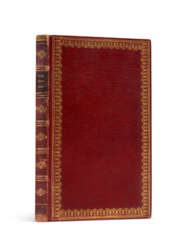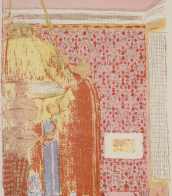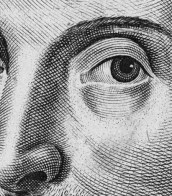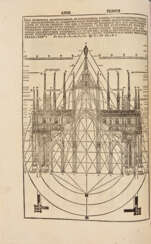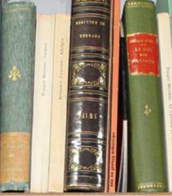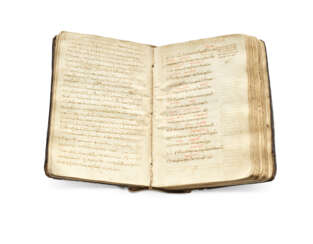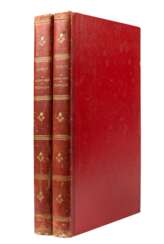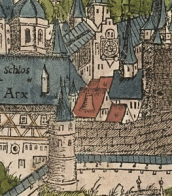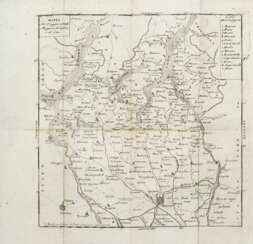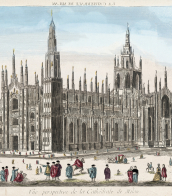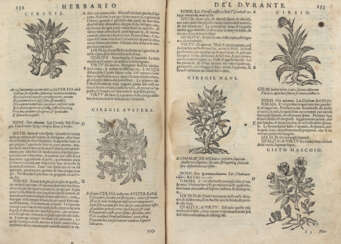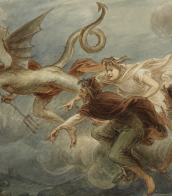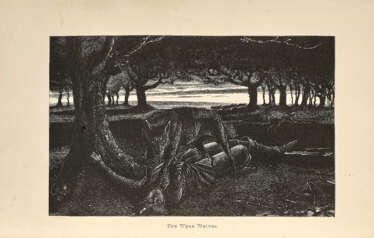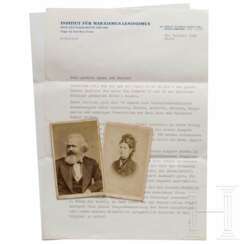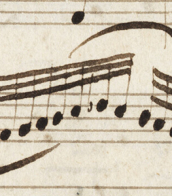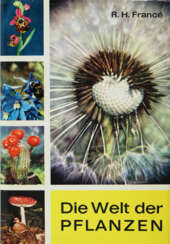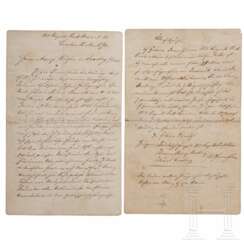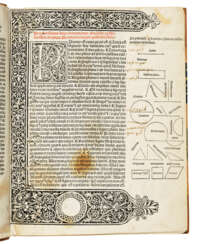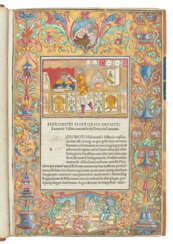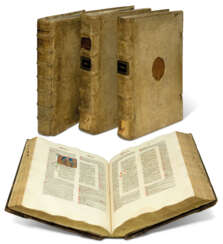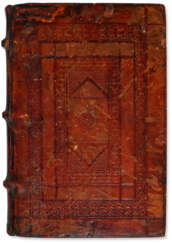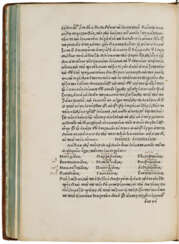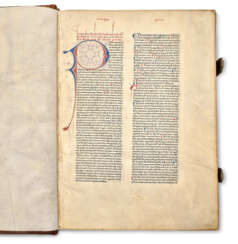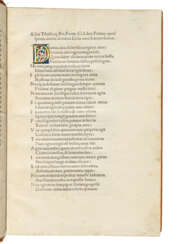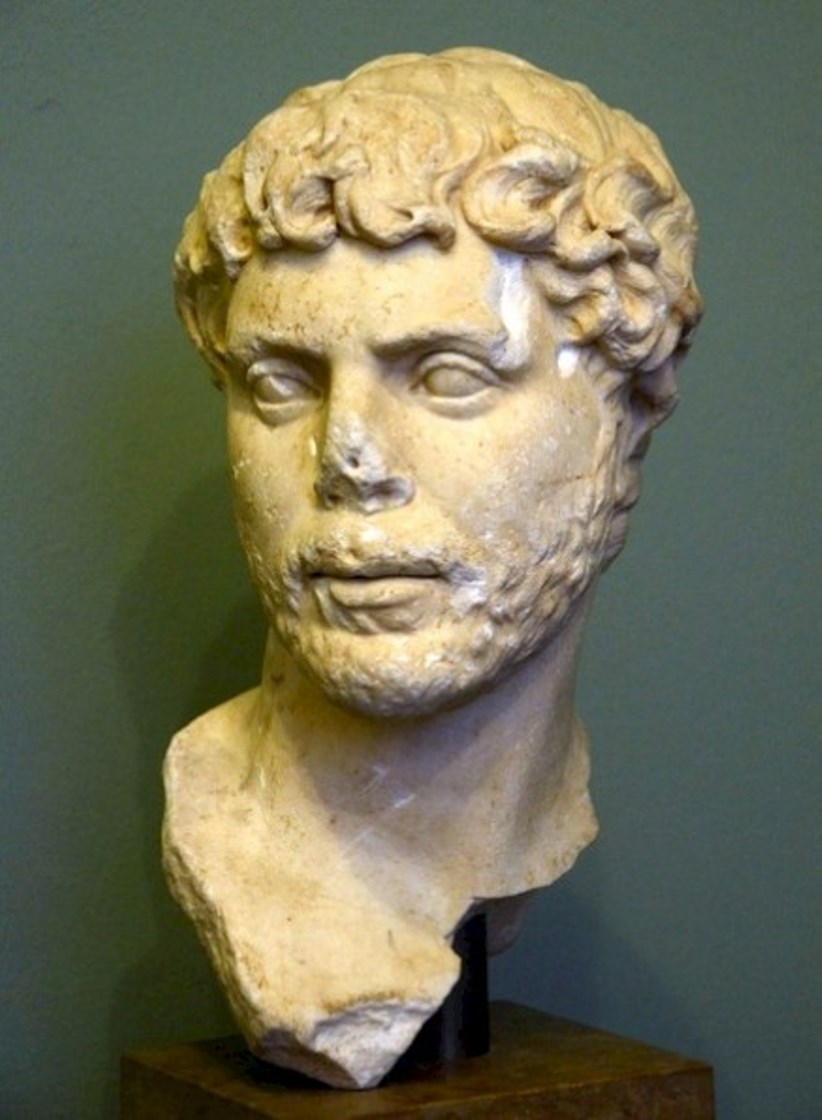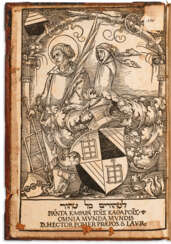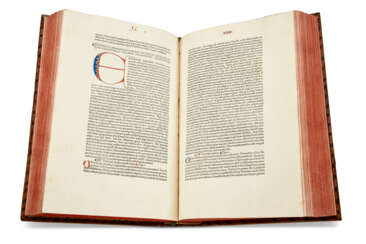antiquarian books
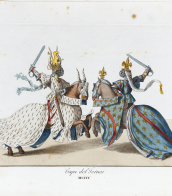
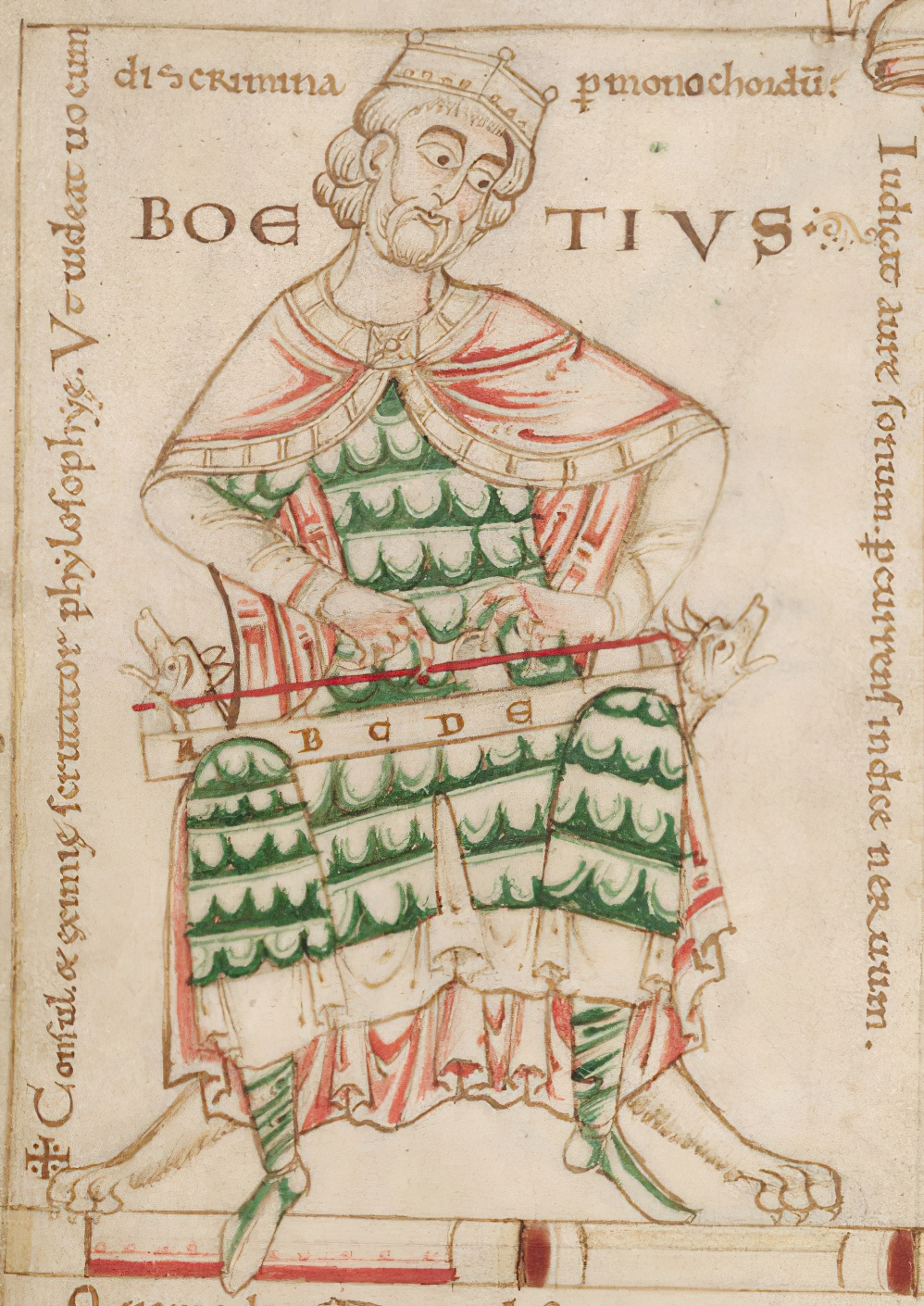
Anicius Manlius Severinus Boethius, commonly known as Boethius (Latin: Boetius), was an Italian senator, consul, magister officiorum, historian, and philosopher of the Early Middle Ages. He was a central figure in the translation of the Greek classics into Latin, a precursor to the Scholastic movement, and, along with Cassiodorus, one of the two leading Christian scholars of the 6th century.

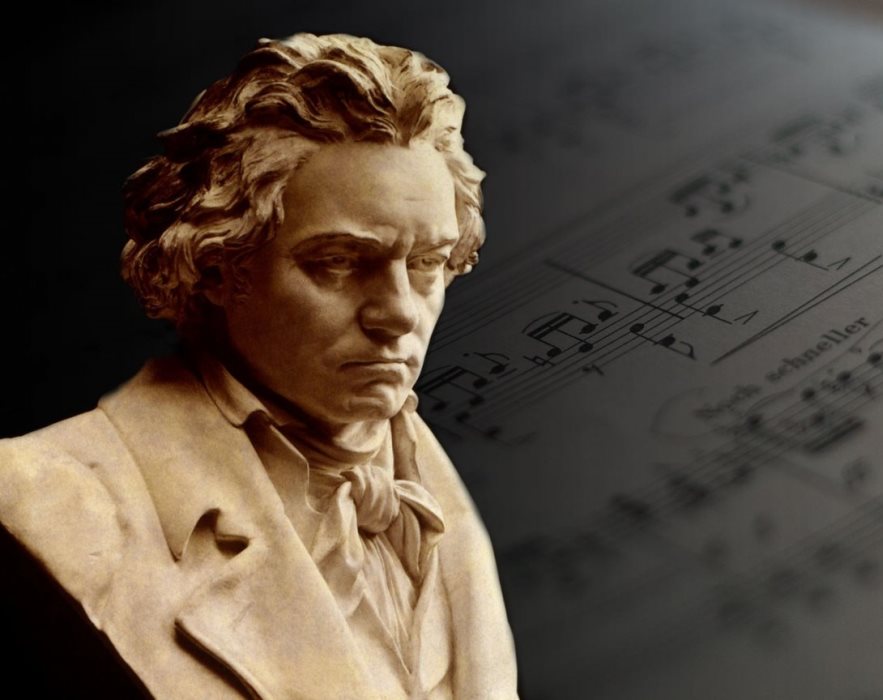
Ludwig van Beethoven was a German composer, pianist, and conductor, one of the most famous and celebrated composers in world history.
Beethoven showed an aptitude for music at a very early age; from the age of four his father began to teach him. Beethoven's early works - piano sonatas and symphonies - were composed under the strong influence of the music of the great classical composers Joseph Haydn and Wolfgang Amadeus Mozart. As Beethoven matured, however, he began to experiment with new forms and harmonic sequences, and his music became more complex and emotionally charged.
Unfortunately, at the height of his talent, Beethoven began to gradually lose his hearing, to the point of complete deafness by the end of his life. Despite this, he continued to compose and conduct, using special devices to feel the vibrations of the music.
Beethoven's work is considered pivotal in classical music and is a bridge between the classical and Romantic eras. His works vividly express a wide range of emotions, from triumph and joy to sadness and despair. Beethoven was also one of the first composers to include soloists and chorus in his symphonies. Beethoven's best-known works include nine symphonies, 32 piano sonatas, 16 string quartets and the heroic opera Fidelio. These and many other works have cemented Beethoven's place in music history as one of the greatest composers of all time. His music continues to be played and studied by musicians and music lovers around the world.
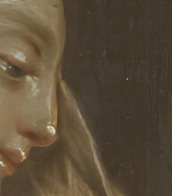
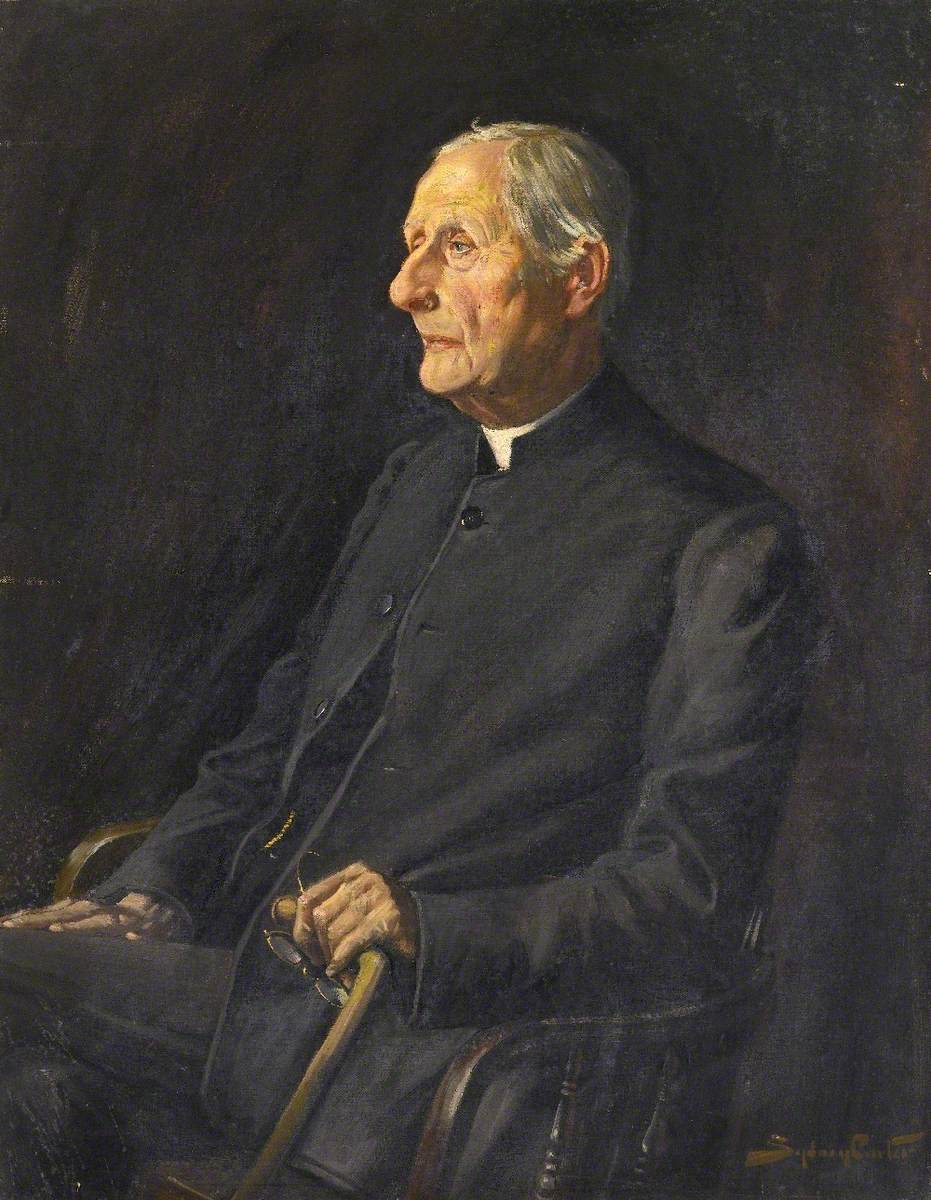
Sabine Baring-Gould was a Victorian British clergyman, poet, writer and folklorist.
He traveled extensively in Europe, studied at Clare College, Cambridge, was ordained in the Church of England in 1864, and was appointed vicar at Horbury. Baring-Gould was a polyglot and knew six languages. Despite his ministry, he had a serious interest in supernatural phenomena and in 1865 published a book called The Book of Werewolves.
In addition to this, Baring-Gould was interested in a wide range of subjects. His work is diverse and covered theology, history, poetry, hymns, fiction, biography, travel, social commentary, and folklore. Baring-Gould collected the folk songs of old English singers, personally visiting them and recording the words and music. In 1889 he published a collection of Songs of the West in four parts, of which he was proud, and also wrote several patriotic hymns.
Baring-Gould was a very prolific writer: during his life he wrote many novels, published short stories in periodicals, the popular "Curious Myths of the Middle Ages," and others, his bibliography numbering some 1,250 works.

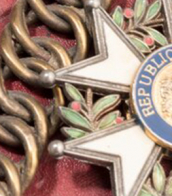

Euclid (Greek: Εὐκλείδης) was an ancient Greek mathematician active as a geometer and logician. Considered the "father of geometry", he is chiefly known for the Elements treatise, which established the foundations of geometry that largely dominated the field until the early 19th century. His system, now referred to as Euclidean geometry, involved new innovations in combination with a synthesis of theories from earlier Greek mathematicians, including Eudoxus of Cnidus, Hippocrates of Chios, Thales and Theaetetus. With Archimedes and Apollonius of Perga, Euclid is generally considered among the greatest mathematicians of antiquity, and one of the most influential in the history of mathematics.

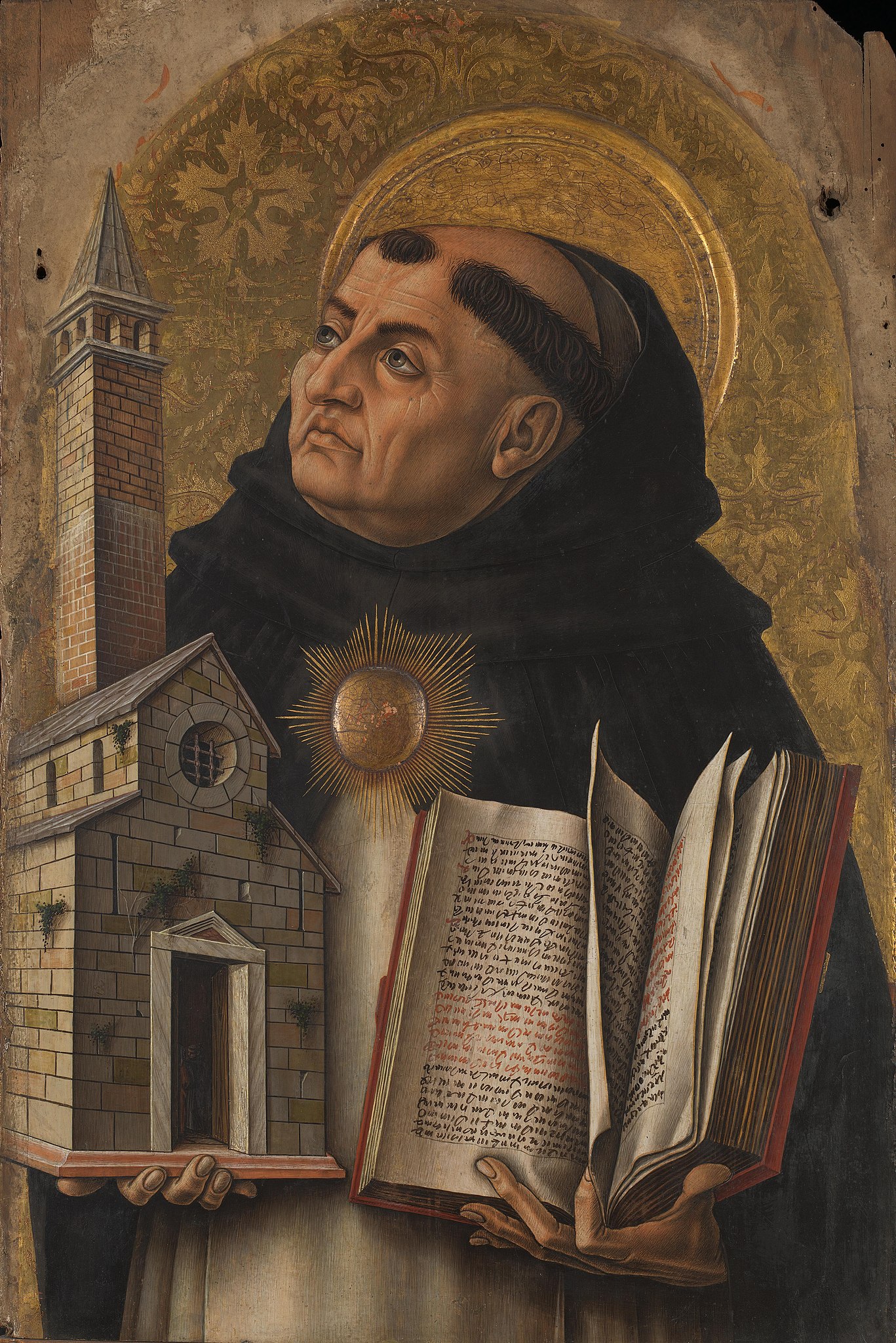
Thomas Aquinas (Italian: Tommaso d'Aquino, also called Aquinas, alias Doctor Angelicus) was an Italian poet and theologian, philosopher, and major medieval scholastic.
Thomas Aquinas is one of the most important theologians in the history of Western civilization, given the extent of his influence on the development of Roman Catholic theology since the fourteenth century. As a theologian, in his two masterpieces, Summa theologiae and Summa contra gentiles, he created the classical systematization of Latin theology, and as a poet, he wrote some of the most serious and beautiful Eucharistic hymns in the church liturgy. Thomas Aquinas is recognized by the Roman Catholic Church as the foremost Western philosopher and theologian and canonized as a saint.

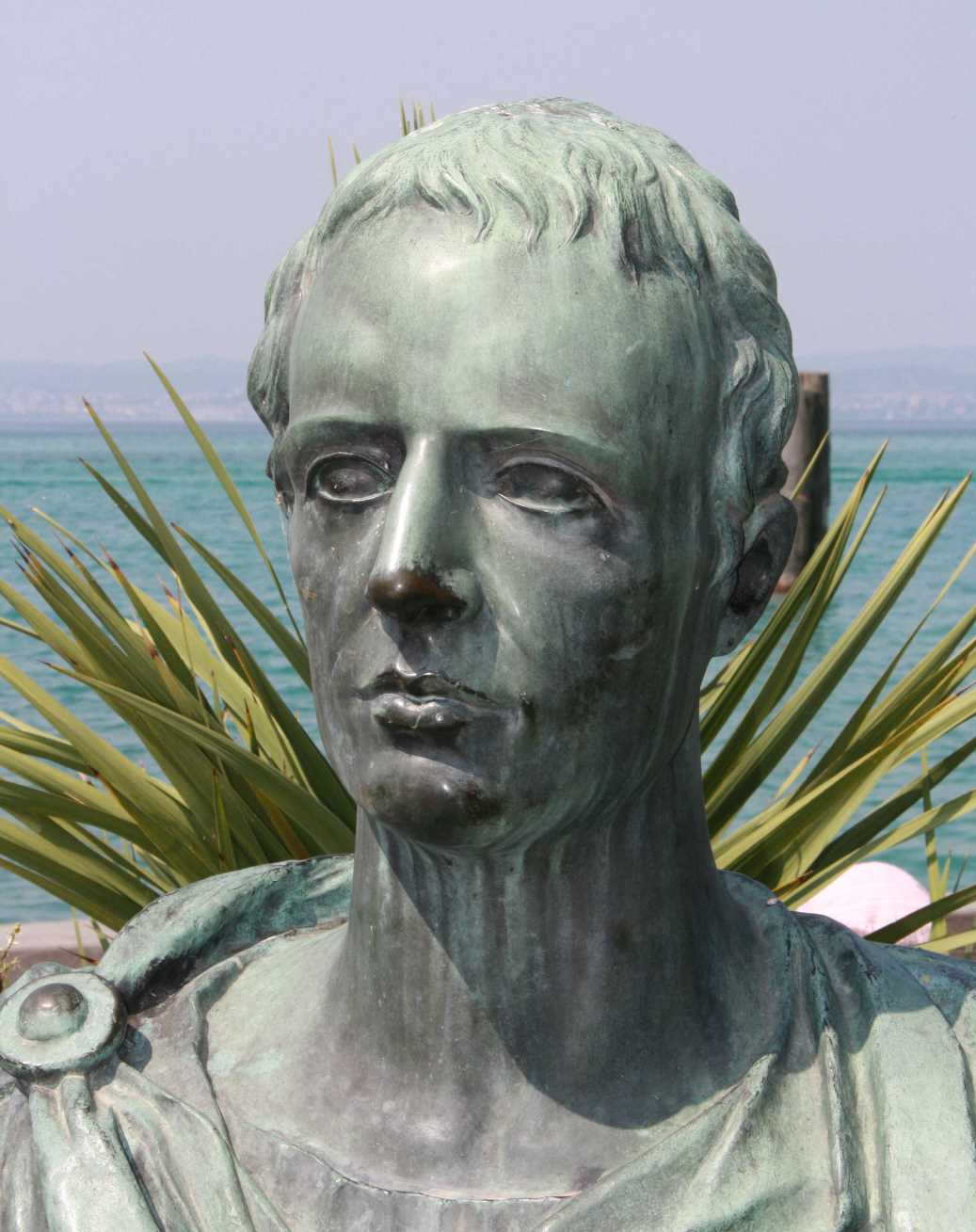
Gaius Valerius Catullus, often called Catullus, was a Roman poet whose statements on love and hate are considered the best lyrical poetry of ancient Rome.
Scholars have concluded from existing sources that Catullus was a contemporary of the statesmen Cicero, Pompey, and Caesar, whom he addresses in various ways in his poems. In 25 poems he speaks of his love for a woman he calls Lesbia. In other poems Catullus speaks sarcastically or contemptuously of Julius Caesar and other politicians.
Catullus' poems have been praised by modern poets, notably Ovid and Virgil.

